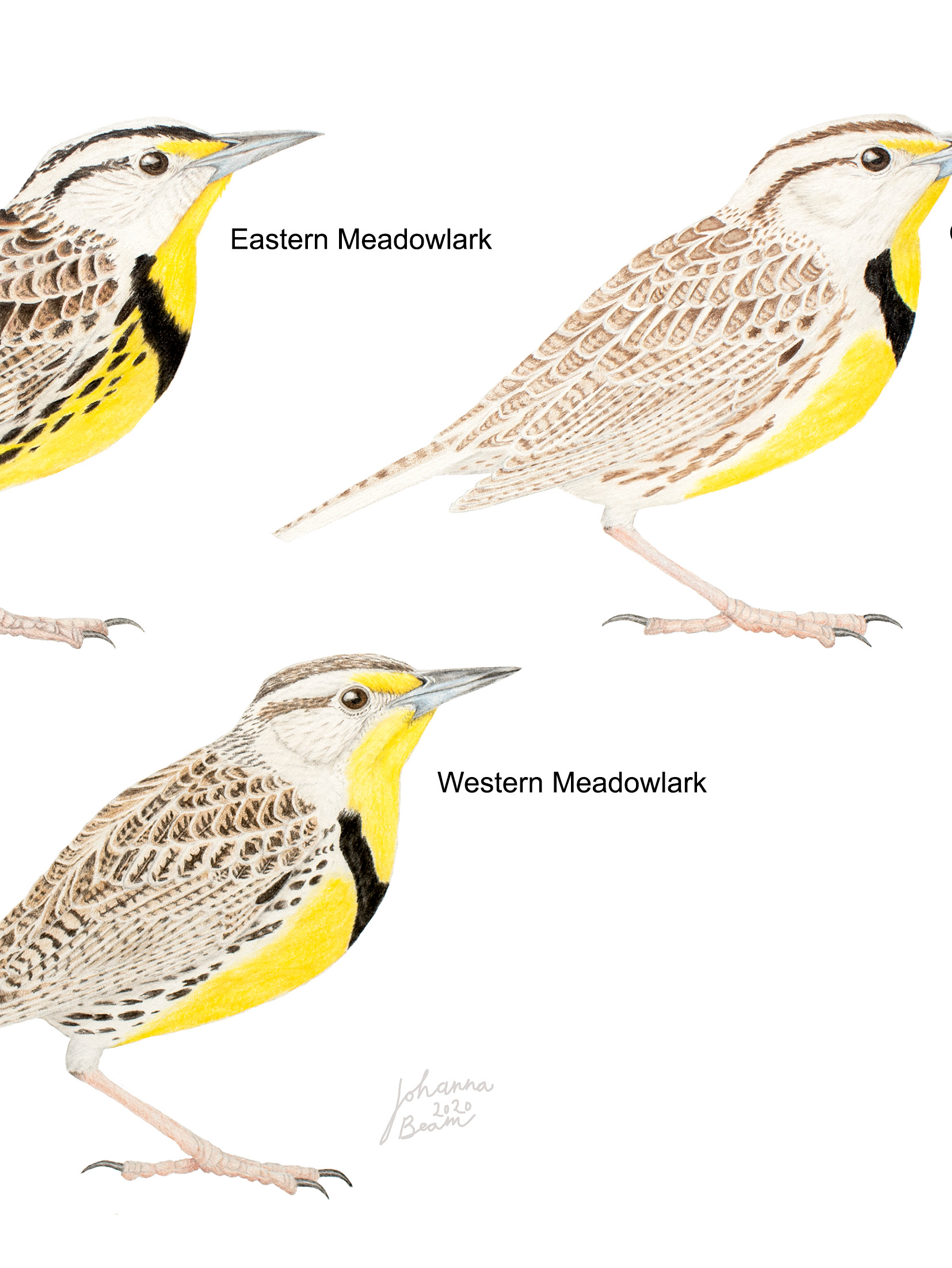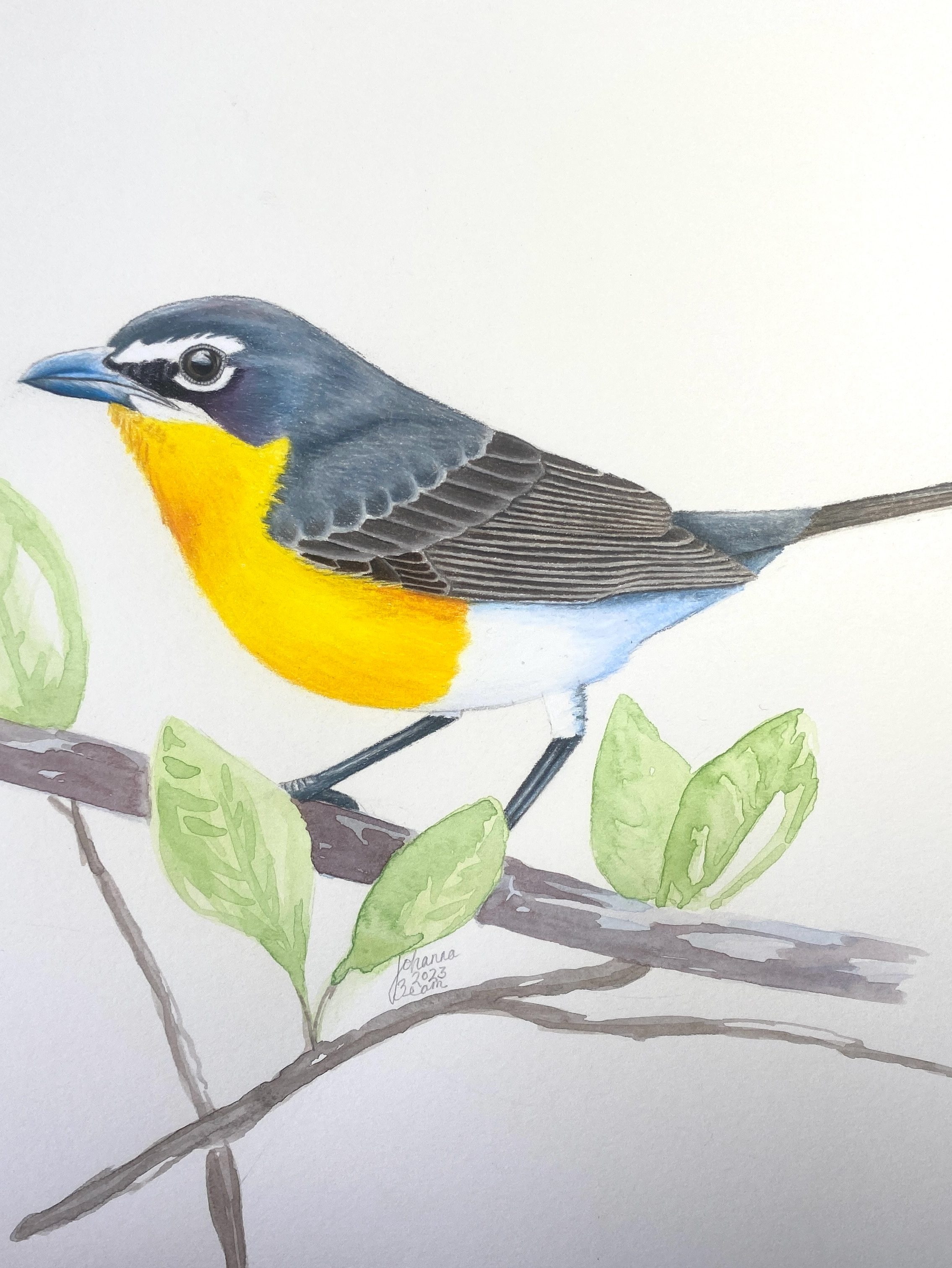AVIATE (avian variation in accumulation of transposable elements) is a project focusing on how songbirds have both accumulated and harnessed transposable elements in their genomes. Transposable elements are selfish genes, meaning that they operate mainly using their own machinery and act in their own interest, not in the interest of the host. This means that they can have both deleterious and positive effects, or even be silenced by the host, but remain in the genome as a neutral element. Bird genomes are surprisingly small (1.1-1.3 gb in length) and help keep the cell size small enough to support powered flight. Transposable elements (TEs) can accumulate quickly in genomes of any organism, and in humans take up nearly 50% of the genomic material. In birds however, they make up only 5-10% of the genome (with the exception of woodpeckers, which have upwards of 15%+ TEs). This is likely because of the need to conserve a small genome for flight!
My study hopes to answer some lingering questions about the role that TEs play in shaping diversification patterns in birds. In other systems, TEs have been correlated with diversification rate, speciation rate, and even certain mechanisms of speciation, such as gene regulation, coloration, and vocalization!

